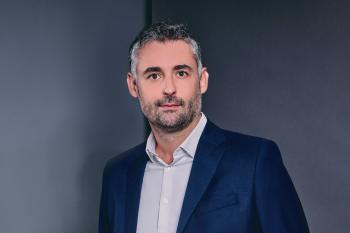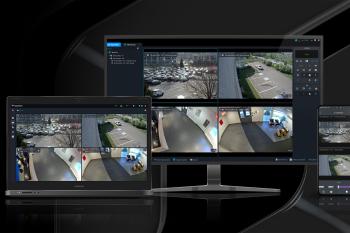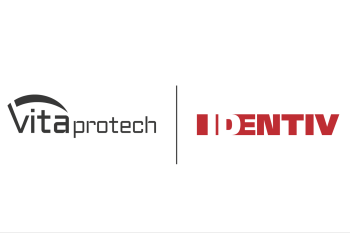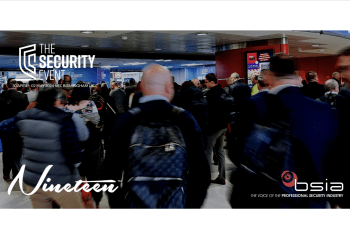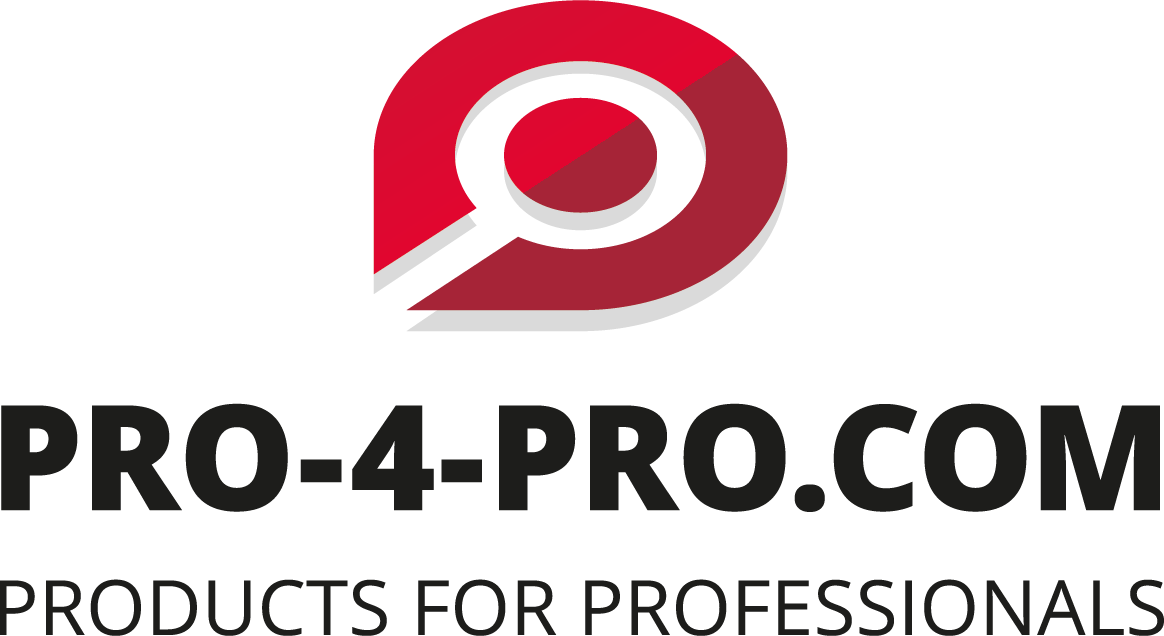Increasing appetite for advanced integrated security solutions fuels Middle East market
04.11.2015 - The ongoing shift in demand from analogue to Internet protocol (IP) cameras in the Middle East is fuelling the regions fast-growing physical security market, as global manufacturer...
The ongoing shift in demand from analogue to Internet protocol (IP) cameras in the Middle East is fuelling the region’s fast-growing physical security market, as global manufacturers prepare to launch their latest integrated security technologies at Intersec 2016. Growing at double the global rate, the Middle East’s physical security market – which was valued at US$3 billion in 2014 – is estimated to grow 25 per cent annually over the next six years to reach US$11 billion in 2020, according to analysts Frost & Sullivan.
Physical security comprises a range of security hardware including access control, video surveillance, intrusion detection, perimeter protection, door alarms, as well as the management software and system integration, designing and consulting. The integration of new technologies in video surveillance, such as cloud-based storage solutions and video analytics, will be under the spotlight when the 18th edition of Intersec opens from 17-19 January 2016 at the Dubai International Convention and Exhibition Centre.
More than 400 of the 1,300 exhibitors at the three-day event specialise in CCTV-related products, including Swedish-based giant Axis Communications, and Hikvision, the world’s largest supplier of video surveillance products and solutions. Marwan Khoury, Marketing Manager at Axis Communications, said the Middle East and Africa’s total network video surveillance market was worth about US$420 million in 2014, with the convergence from analogue to digital or IP video in the region a major growth factor.
“The convergence rates from analogue to digital is quite staggering in this region,” said Khoury. “In 2014, it was about 70 per cent network versus 30 per cent analogue. By 2019, the entire region will be 94 per cent network video surveillance, with countries like the UAE at nearly 100 per cent.”
Ahmed Pauwels, CEO of Messe Frankfurt Middle East, the organiser of Intersec, said the Middle East’s physical security market has assumed greater importance with the overall prevailing security scenario in the region.
“Given favourable market conditions in most parts of the region, including ongoing growth in the construction industry, growing economies, increased urbanisation trends and middle class populations, the scene is set for a period of sustained growth in demand for ground-breaking security technologies,” said Pauwels. “As more features are being brought into the ambit of electronic security systems, the focus of the user is moving away from a post event analysis to prevention and thus analytics will play a major role.”
This sentiment is echoed by another Intersec exhibitor, Promise Technology – a leading developer of open storage solutions for the video surveillance industry. The US-founded company is introducing an interactive ‘Promise Theatre’ at Intersec 2016, where Video Management Software (VMS) vendors will demonstrate VMS solutions alongside Promise Technology’s storage solutions. “Most integrators and installers know every specification for cameras and VMS, but the knowledge around storage is still limited,” said John van den Elzen, Managing Director at Promise Technology in Europe, the Middle East, and Africa. “At Intersec 2016, Promise Technology is bringing cameras, VMS and storage together with its own sessions and informative presentations from partners in the Promise Theatre.
Elsewhere, Hikvision is debuting a range of CCTV cameras, access control systems and alarms at Intersec 2016. Binson Xu, General Manager of Hikvision Middle East and North Africa, said his company is targeting the Small and Medium Business (SMB) security distribution market, as well as enterprise level projects in industries such as retail and oil & gas. “Our CCTV volume business is based on the distribution market, which takes around 70 per cent of our revenue, while the enterprise level project market is where we see the most growth,” said Xu. “By the end of 2015, we aim to be the number one CCTV supplier by revenue in the Middle East and North Africa region, with a projected annual growth rate of 50 per cent over the next three years.”

